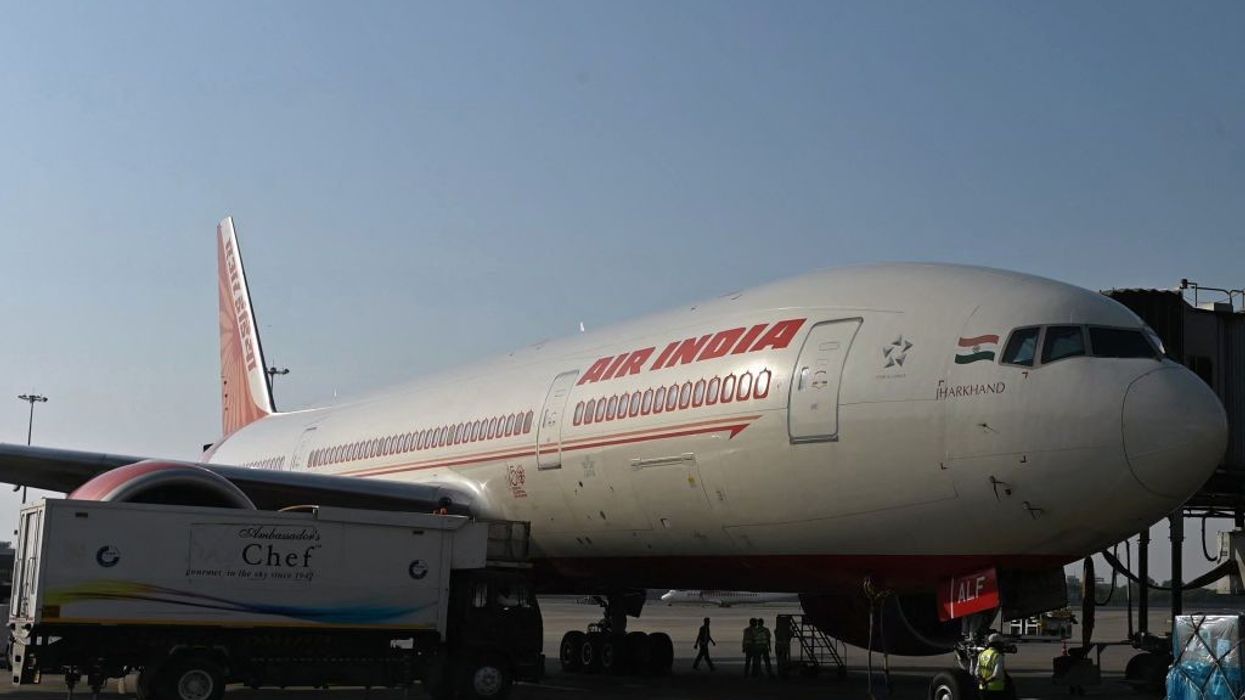AN Air India plane flying from Delhi to San Francisco was forced to divert and land at an airfield in Russia's Far East after it developed a technical issue with one of its engines, the airline said on Tuesday (6).
The 216 passengers onboard are being offered support on the ground and will be provided with alternative options to reach their destinations at the earliest opportunity, Air India said, adding the plane also carried a crew of 16.
Russia's aviation authority said it was checking on the plane's technical condition after landing at Magadan airport and was ready to give the airline permission to land an additional reserve aircraft if needed.
"At present, the question of passengers' stay and accommodation is being resolved by border, customs and regional authorities," Rosaviatsia said.
The airport at Magadan, a port town on the Sea of Okhotsk in Russia's Far East, did not respond to a request for comment.
The diversion of the Boeing 777 wide body aircraft comes a day after the chief of the world's largest carrier raised safety concerns about airlines flying through Russian airspace with American citizens onboard.
"What's going to happen if an airline lands in Russia with some prominent US citizens on board? That is a potential crisis in the making," Scott Kirby, CEO of United Airlines said on Monday.
"I think we should solve it before the crisis happens."
Air India said it could not share any passenger details.
Russia has barred US airlines and other foreign carriers from using its airspace in retaliation for Washington banning Russian flights over the United States in March 2022 after Moscow sent troops into Ukraine.
However, Air India and some Gulf-based, Chinese and African carriers continue to fly over Russia, making flying times shorter and American rivals uncompetitive.
In February, US senators urged the administration of president Joe Biden to halt Chinese airlines and other non-American carriers from flying over Russia on US routes.
Reuters reported last week that Chinese airlines are avoiding flying over Russian airspace in four newly approved flights to and from the United States.
The White House and GE, which makes the engines for the Boeing 777, had no immediate comment.
Snag forces Air India’s Delhi-San Francisco flight to land in Russia
Plane’s technical condition being examined at Magadan airport




